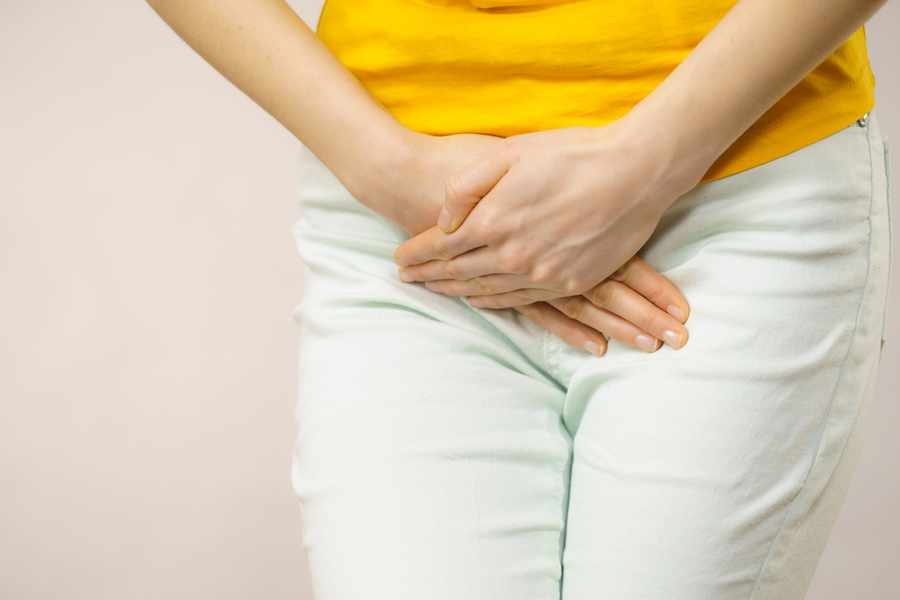4 common myths around urinary tract infections debunked
It might be time to step away from the cranberry juice
If you haven’t ever had a urinary tract infection (UTI), you won’t fully be able to understand how uncomfortable the sensation is and how often you have to run to the loo. It can get so painful that most people will try almost anything to either get rid of it or ensure they don’t get a UTI again.
This has given rise to old wives’ tales floating around, claiming to be magical cures or preventatives. It’s an infection that can affect different parts of the urinary tract, like the bladder, urethra or kidneys. For more serious cases, it can generally be treated by antibiotics but new research, published in the Annals of Emergency Medicine, found that there’s a rise in UTIs caused by drug-resistant bacteria – so this is serious medical stuff.

We asked Dr Amy Bibby, hospital doctor and head of operations at Qured healthcare to debunk some of the most common claims around UTIs.
1. Cranberry juice will prevent or rid you of your UTI
“Cranberry juice has a minimally preventative effect on the onset of symptoms of urinary tract infections. However, there is no evidence of the juice being able to treat UTIs. Patients would therefore need to take antibiotics to get rid of the infection. ”
Absolutely spot on. Cranberry juice will not cure your UTI. No matter how many of your well-meaning friends & rellies tell you it will! https://t.co/o35O4c2ZTu
— CUTIC (@cuticuk) August 20, 2018
2. Only women who have lots of sex get UTIs
“All woman run the risk of getting a UTI at some point in their life, not just those that have regular sex. However, each time you have sex it can increase the chances of contracting one. This is because the urethra becomes exposed to bacteria which may then travel up to the bladder and produce an infection.”
3. UTIs are STDs
“Although UTIs are associated with sex, they are not classified as sexually transmitted diseases. Those suffering from a UTI do not necessarily pass on the infections to their sexual partner.”
tmi but i hate UTIs?? please let me stop peeing i’m not drinking anything
— bébé BOR @ otakon (@mintyguru) July 21, 2018
4. Only women can get UTIs
“Men can also get UTIs, although they aren’t as common. UTIs are only estimated to affect 3% of men each year, however when they do develop they can cause more serious symptoms and often the infection spreads to the kidneys.”
The Press Association
Latest posts by The Press Association (see all)
- 3 easy Mary Berry recipes to make this season - November 22, 2024
- In Pictures: Party stalwart kept New Labour in touch with traditional supporters - November 21, 2024
- 6 easy indoor exercises to try this winter – and why they are good for you - November 19, 2024
- Martin Clunes: I can’t afford to retire – I’ve got too many horses - November 19, 2024
- How to avoid plant losses, flowering disappointments and container catastrophes - November 17, 2024





















